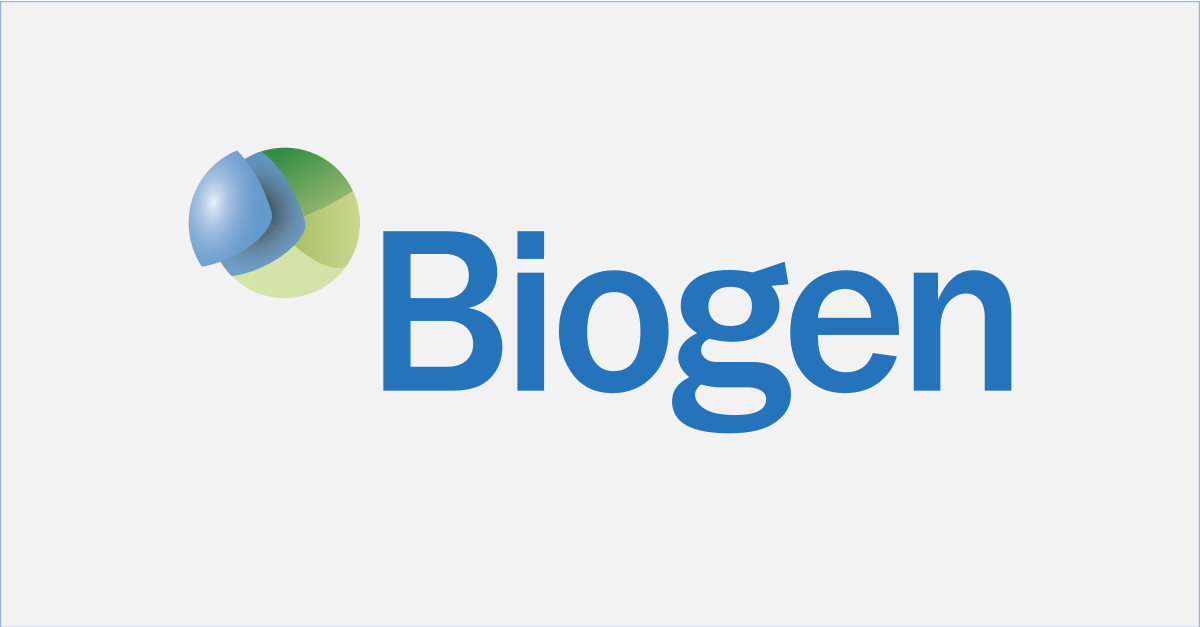In response to our queries Biogen has now sent us their take on the draft NICE guidance. Please read their Community Update below.
August 2018
The National Institute for Health and Care Excellence (NICE) has today published its Appraisal Consultation Document (ACD), outlining a ‘minded no’ for the routine funding of Spinraza® (nusinersen) for the treatment of 5q spinal muscular atrophy (SMA).
Biogen is deeply disappointed but not surprised by this decision, as we have stated previously that the Single Technology Appraisal (STA) process is unsuitable to assess a rare disease medicine such as nusinersen. This is why Biogen has been working with NICE and NHS England (NHSE) from an early stage to discuss a managed access agreement (MAA), which can help to make medicines available while continuing to gather information about how the medicines work.
Biogen recognises that this decision marks a concerning day for SMA patients and their families, and we share that concern. England, Wales and Northern Ireland are now significantly behind in making nusinersen available, with 20 European countries (and more throughout the world) having already recognised the value that nusinersen brings by granting access.
However, Biogen remains optimistic that a MAA can be achieved if all relevant stakeholders continue to meaningfully engage to find a solution. NICE and NHSE previously agreed that flexibility and collaboration are important in the case of nusinersen, and we are hopeful that this will be honoured and the interim decision reversed, with a positive recommendation in the Final Appraisal Determination (FAD). Now that we have the detailed feedback from NICE as part of the ACD, we will continue to work with all relevant stakeholders to agree the terms of the MAA to find a way to make this important treatment available to all who may benefit.
Following an initial 8-month delay in beginning the appraisal, the ACD comes three weeks later than agreed by NICE, which planned to publish the ACD on the 25th July. Biogen is concerned by these repeated delays, and urge NICE and NHSE to act with the necessary speed in decision making to ensure that patients in desperate need are not left in this current state of uncertainty.
Further information
The ACD guidance follows a review of the evidence from clinical trials, as well as testimonials from patients, patient groups and clinicians at the appraisal committee meeting on 27th June 2018.
While the clinical benefit of nusinersen together with a recognition of the high unmet need for a medicine to treat SMA were acknowledged within the ACD, NICE concluded that the extent of the benefit overall remained uncertain, particularly due to the lack of available long-term data. Absence of long-term data is typical of any recently introduced rare disease medicine, and the nusinersen clinical development programme is the largest body of evidence for an interventional approach in SMA, with over five years of data. Nusinersen was approved via the accelerated licensing process (granted by the European Medicines Agency) in recognition of the significant unmet need and strength of interim trial results. Overall, nusinersen has demonstrated favourable efficacy and tolerability in clinical trials and clinical practice for patients with 5q SMA. The mechanism of action of nusinersen combined with the observed data to date, indicates that the effects of nusinersen could be sustained in the long-term.
Measuring quality of life as part of the cost effectiveness evaluation is also problematic, as this is particularly difficult in a paediatric SMA population, due to their young age and inability to objectively describe the impact on their quality of life.
Biogen is ready to respond to the specific points raised in the ACD to clarify and further enhance the body of clinical and economic evidence for nusinersen, and we are fully prepared to work alongside NICE and NHSE to address budget impact, sustainability and risk-sharing to manage access to nusinersen appropriately. However, collaboration and flexibility on how the above challenges are addressed within an unsuitable STA process will be central to the achievement of a MAA. Biogen’s ambition remains focused on securing access to nusinersen for all those who would benefit from the treatment.
Scotland has recently recommended the routine funding of nusinersen for the treatment of type 1 SMA. The Scottish Medicine Consortium (SMC) will implement a new pathway for ultra-orphan medicine appraisals in Scotland on 1st October 2018, and we are already in discussions with decision makers to resubmit nusinersen for type 2 and 3 via this new process to broaden access in Scotland beyond type 1.
What does the ACD mean for patients?
The ACD is an interim decision that does not necessarily reflect the final technology guidance. There will now be a consultation period during which anyone can respond with their views on the NICE website until 5:00pm, 5th September 2018. You can respond to the ACD via the link below:
https://www.nice.org.uk/guidance/indevelopment/gid–ta10281/consultation/html–content


